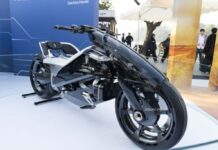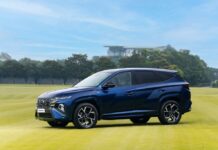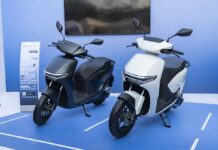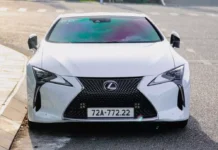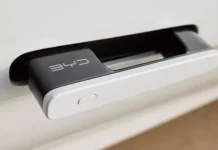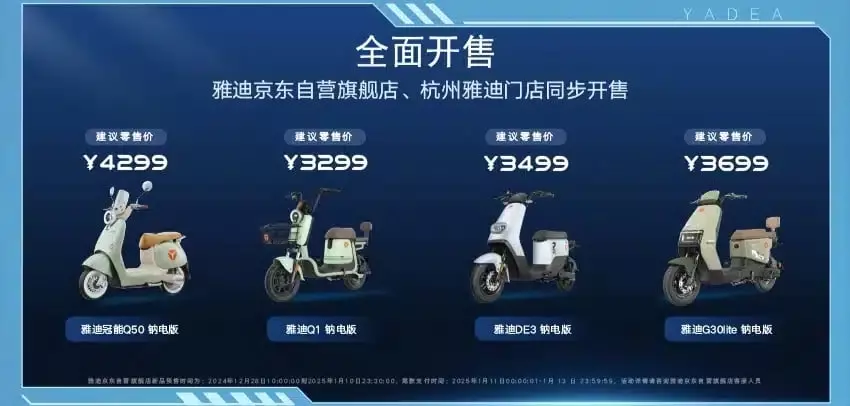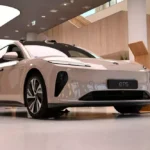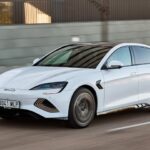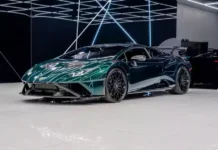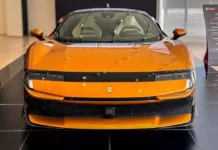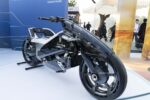At the Yadea Sodium electric vehicle conference in Hangzhou, China’s largest electric two-wheeler company started pre-sales of four models equipped with sodium-ion batteries. Prices range from RMB 3,299 to RMB 4,299 ($450 to $590).
Thus, the Chinese two-wheeler giant Yadea has launched its first scooters powered by lithium-free sodium-ion batteries. According to Yadea, their electric bikes can charge up to 80% in 15 minutes and support 1.5-3C charging.
Yadea will feature Yuji Sodium batteries, the company says, using hard carbon as the negative electrode material. The battery cells have an energy density exceeding 145 Wh/kg and can be charged and discharged 1,500 times at normal temperatures, with continuous use for up to five years. Sodium batteries retain more than 92% capacity when discharged at -20°C.
Yadea also introduced the “Huayu JiNa Supercharging Ecosystem.” Huayu is the name of a wholly-owned subsidiary of the company that develops sodium-ion batteries. The company announced that the superchargers in the new ecosystem are widely distributed in core areas. Part of the ecosystem is the JiNa Intelligent Platform, which can monitor the status of supercharging stations and lock problematic batteries when detected.
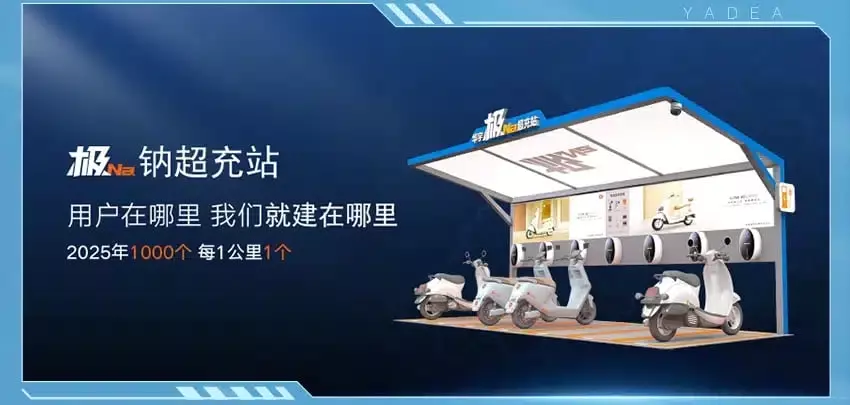
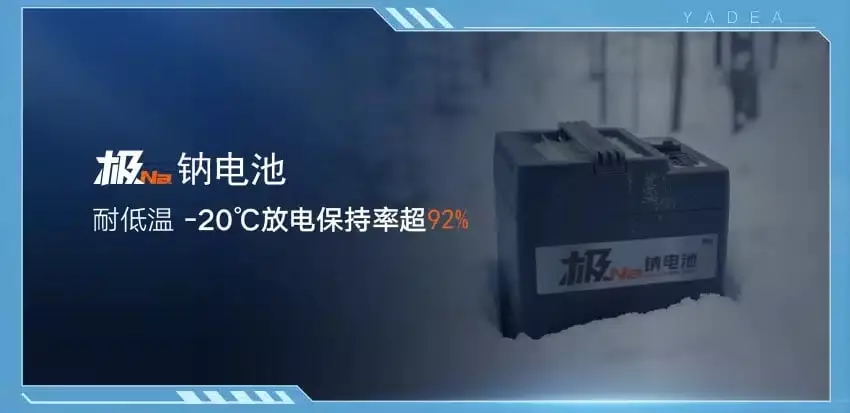
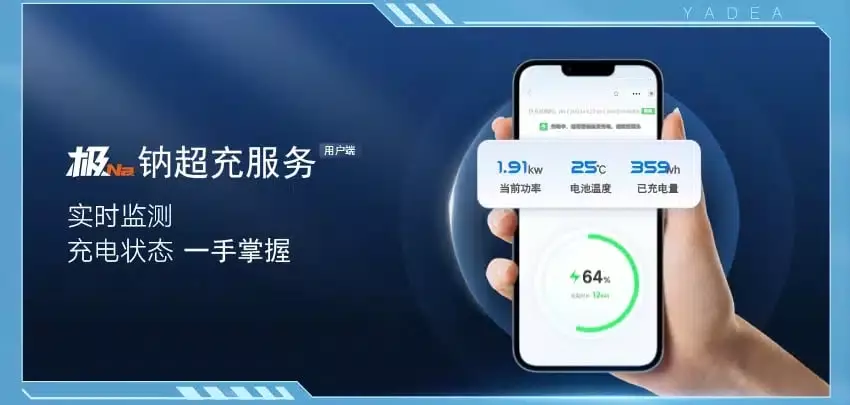
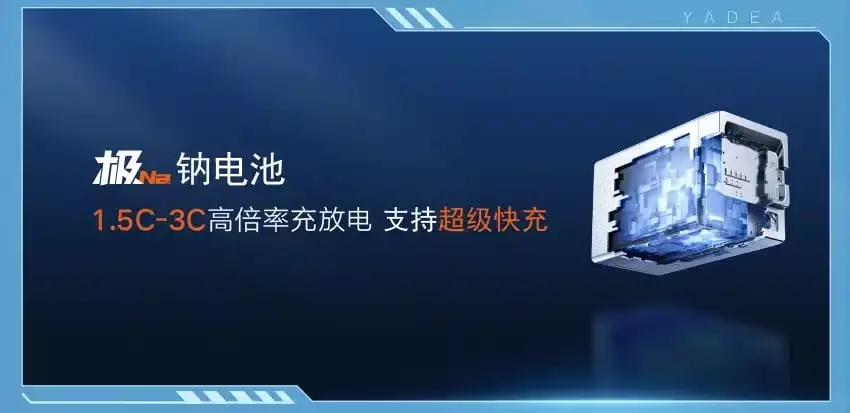
The electric vehicle manufacturer did not disclose any further information at the conference. However, the company’s website shows that the Yadea Guanneng Q50 Sodium is equipped with a Na+ battery with a nominal voltage of 48V and a capacity of 24Ah, offering a range of about 70km.
This two-wheeler is fitted with a 400W TIFAR electric motor and has a top speed of 25km/h. Its dimensions are 1535/690/1100mm, and the rated load is 75kg.
In December, Yadea announced that the company’s cumulative sales of two-wheelers had exceeded 100 million units. Yadea Technology Group is a Chinese two-wheeler manufacturer established in 2001 and headquartered in Wuxi, Jiangsu Province.
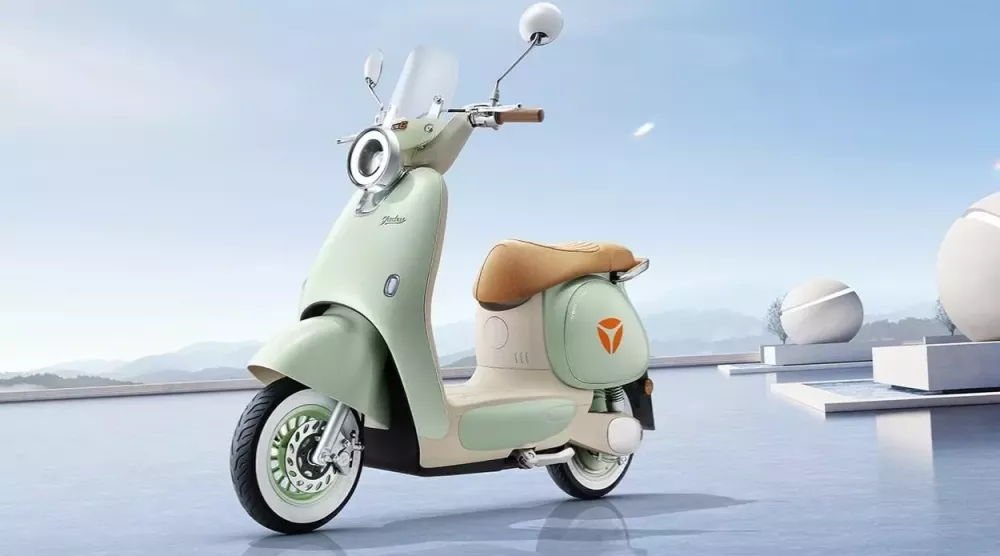
Sodium-ion batteries are safer than lithium batteries and perform better in cold temperatures. They have a slower discharge rate and are cheaper to produce while being more environmentally friendly. However, they have slower charging speeds, lower achievable voltages, and lower energy densities. As a result, they will primarily be used in two-wheelers, small city cars, and fixed energy storage.
More and more companies are getting involved in sodium-ion battery production in China. In January last year, BYD started constructing a 30 GWh sodium-ion battery plant in Xuzhou. The total investment is RMB 10 billion ($1.4 billion). On November 18, 2024, CATL announced it would launch second-generation sodium-ion batteries in 2025.


